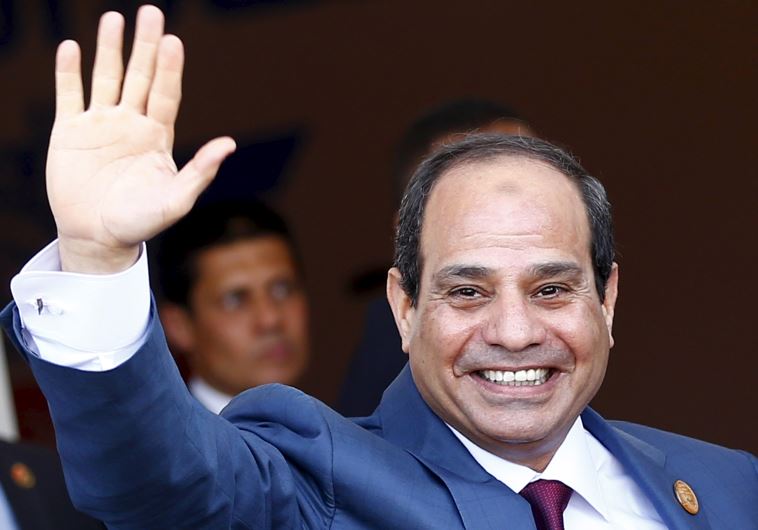The hope canal
Since Sisi came to power he has repeatedly promised to pull Egypt out of the stifling economic situation that has plagued the country for years.
 Egyptian President Abdel Fattah al-Sisi waves as he arrives to the opening ceremony of the New Suez Canal
Egyptian President Abdel Fattah al-Sisi waves as he arrives to the opening ceremony of the New Suez Canal